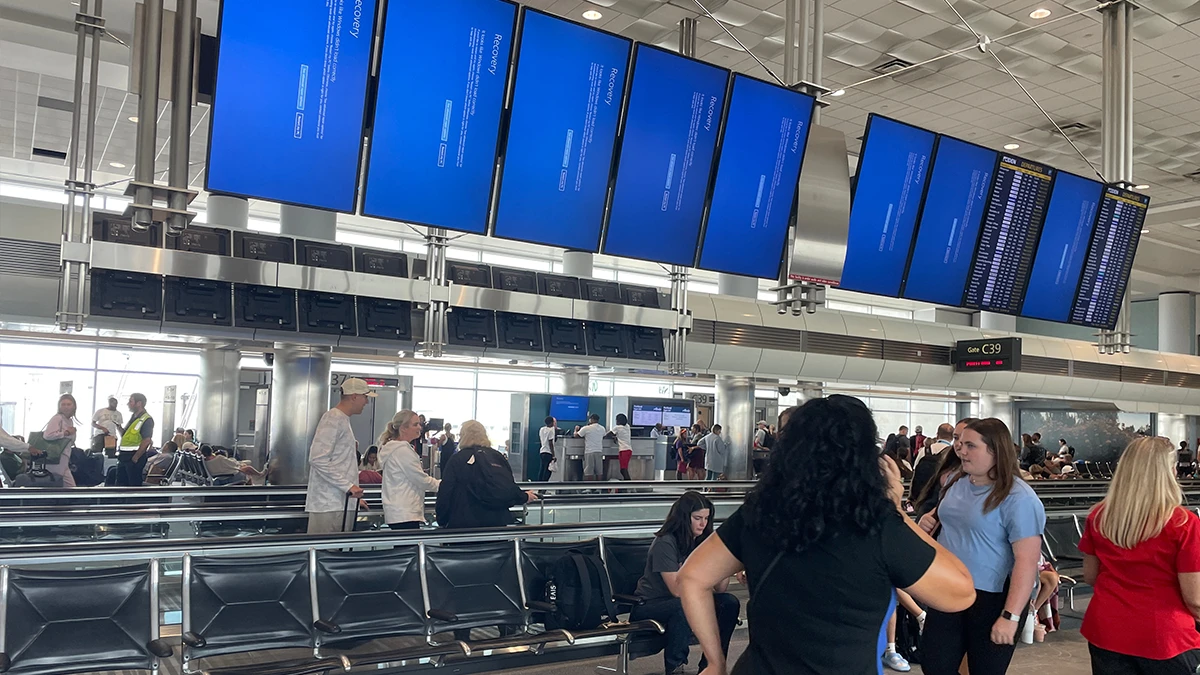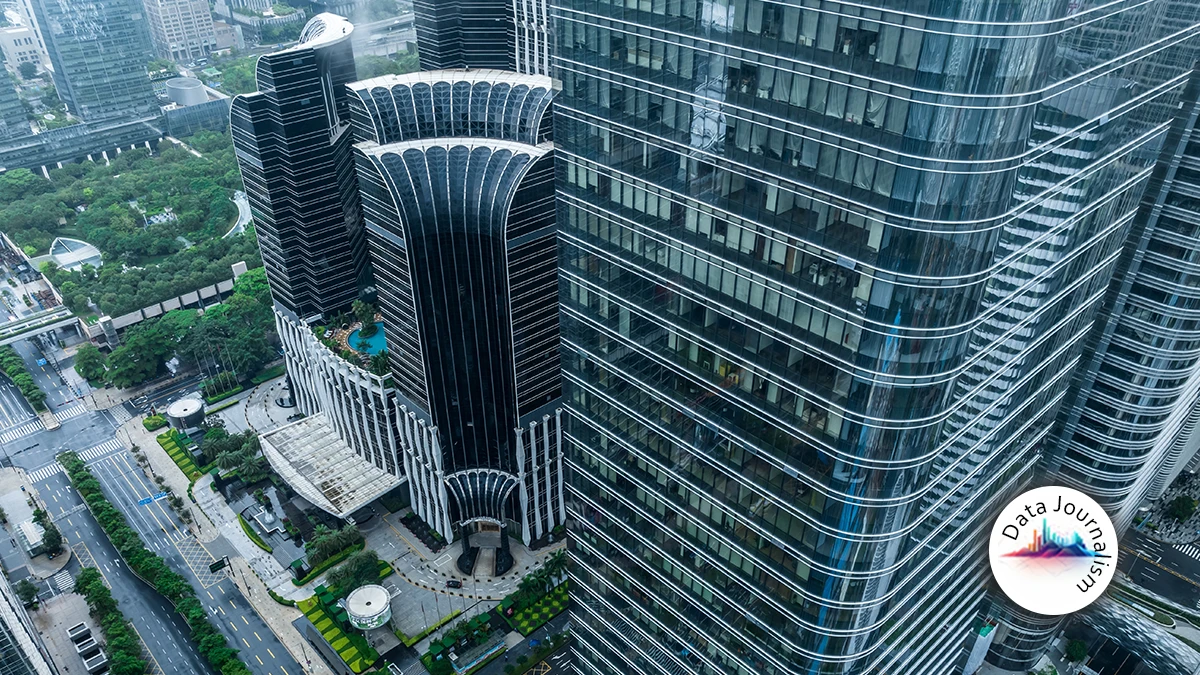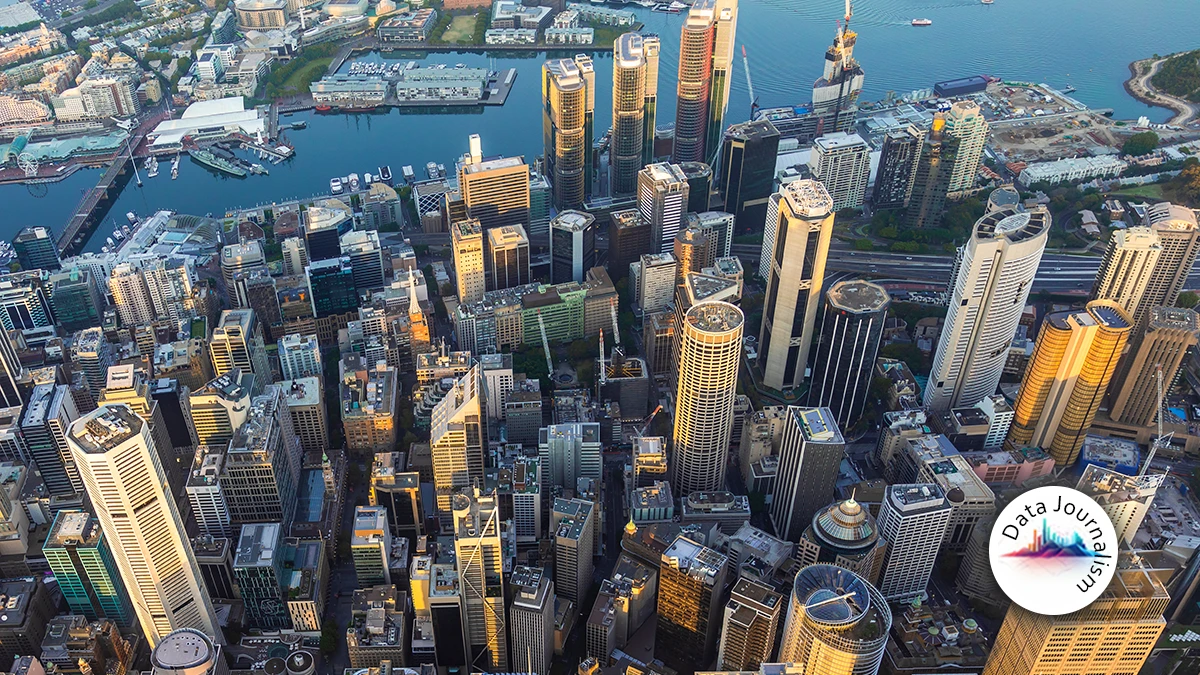(Re)in Summary
• Over the past year, political violence rates in Asia have started tracking global rates much more closely.
• This may reflect more sophisticated underwriting in the region, as well as a tighter integration of regional offices.
• The market for political risk cover has hardened significantly over the past 18 months – a trend that is expected to continue as we move into 2024.
• Changes in terms and conditions during the 2023 renewals led to much higher retentions.
• The global premium pot needs to grow substantially in the next few years to put political violence cover on a more sustainable footing.
The growing sophistication of political violence underwriting in Asia has seen a much closer alignment of rates with those in London, where the global pool of capacity sits, insurers say.
In the past it would take some time for global rate changes to be reflected in the prices offered in Asia, even when markets were faced with a significant political violence event such as the outbreak of the war in Ukraine.

Rahul Shah
Senior Underwriter for War and Terrorism for MENA and Asia at MarkelRahul Shah, Markel’s senior underwriter for war and terrorism for Middle East, North Africa and Asia, says that over the past 12 months the Asian market has become much more responsive to global events.
“Almost all of the political violence markets protection programmes have gone through a number of changes,” says Rahul Shah, Markel’s senior underwriter for war and terrorism for Middle East, North Africa and Asia. “Since all the retro capacity comes from a global pot on capacity the Asian markets too saw rates moving in line with London.”
Such changes have included higher premium charges, increased net retentions and reduction of overall protection in certain markets due to high costs.
Harry Simpson, director for political violence and terrorism global risks at BMS, says that “there is still a marginal lag but it’s certainly far less than it once was”.
As a result, recent political violence events, such as Israel’s invasion of the Gaza Strip, have had a more immediate effect on rates in Asia than they would have done in the past.

Harry Simpson
Director for Political Violence and Terrorism Global Risks at BMSGrowing sophistication
Insurers suggest that a deepening sophistication and consistency of underwriting practices in the region may have contributed to this shift in rate movements.
“The same message has been passed on consistently from reinsurers in London and reinsurers in Asia, so I think that brokers have the idea that there is a definite political violence market hardening, which means there’s a lot more consistency now than there was in the past,” says Shah. “There’s also a bit more sophistication, too. The more business that insurers do, the more they understand the pulse of the market and the more expert they become.”
Regional offices may also be more joined-up than they were in the past, says Simpson.
“Over the last 5-10 years there has been drive-in communication and consistency in underwriting strategy. Technology has helped in building a more consistent underwriting model aligning global offices. More referrals are in place, where teams in Asia must approach the London hub for sign-off for certain risk criteria,” he says.
Chris Don, head of brand and communications at Russell Group, a modelling company, adds: “There’s much more appreciation that the world is more connected now [and] events can’t just be modelled in a siloed way.”

Chris Don
Head of Brand and Communications at Russell GroupA hardening market
Improved underwriting consistency may have been driven, at least in part, by a rapidly hardening market for political risk cover — a trend that is expected to continue into 2024.
According to a note published by Marsh on November 7, restrictions imposed by reinsurers during the 1:1 renewals at the start of 2023 led to a widespread overhaul of political violence coverage across the industry, with a particular focus on specific clauses such as contingent business interruption.
“This shift increased terrorism and political violence reinsurance rates which, in turn, led insurers to increase the pricing for insureds,” says Marsh in its note. “In some territories — including Russia, Ukraine, Moldova, Belarus, Israel, and Taiwan — sanction and treaty restrictions mean insurers are now unable or reluctant to offer cover.”
Shah says that, during his 16 years in the industry, he has “never seen the global political violence market in quite the way it has been over the past 18 months”.
He adds: “The political violence market has enjoyed a period of high profitability for the best part of two decades, however a series of historic losses since 2019, coinciding with a hard property market, specific SRCC [strikes, riots, and civil commotion] exclusions from property policies and multi-decade high inflation have reset the supply and demand dynamics in the political violence market.”
Major political events that have happened this year – such as the crisis in Sudan, the conflict in Israel and the ongoing Ukraine war – have all had a significant impact on the Asian political violence and terrorism market.
“The costs of Treaty has increased greatly since [January 1, 2022] due to those incidents and losses mentioned, as well as others,” says Simpson. “We also saw drastic changes in terms and conditions at [the 2023] treaty renewal.”
This has led to a much higher retention level, straining political violence cover globally.
“To ensure the political violence market is on a strong footing, the global premium pot needs to grow substantially in the next few years,” says Shah.














